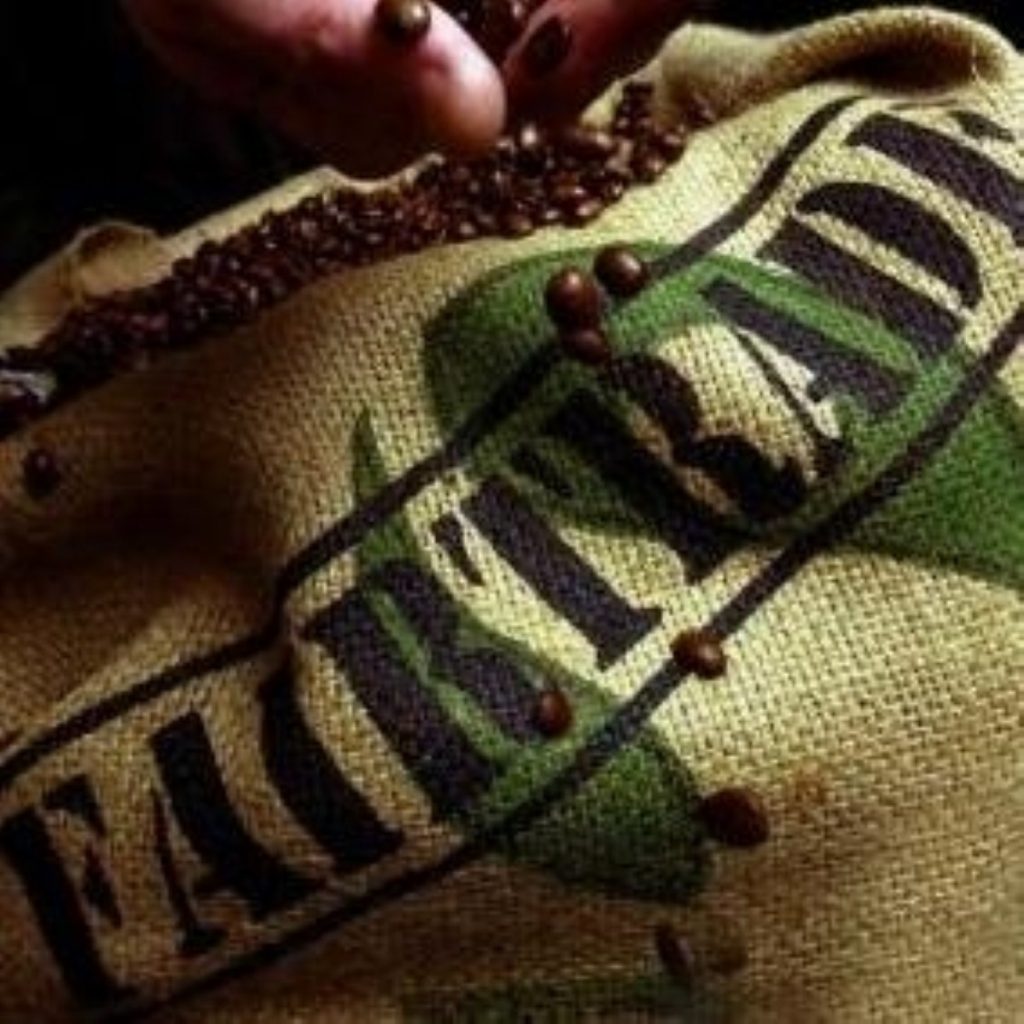Govt fails to set fair trade example
By Alex Stevenson
Civil servants have been accused of not putting their money where their mouth is when it comes to their cups of tea and coffee.
Sustain’s Good Food For Our Money campaign has criticised the government after a report showed the public sector is not bothering to check whether the cheap produce it is buying from poor countries is being traded fairly or ethically.
Only 18 per cent of Foreign Office tea and coffee was fair trade accredited, while at the Department for Communities and Local Government the figure stood at just eight per cent.


It comes on the day research by the Nuffield Trust suggests Britons are too lazy to make an effort to improve their own health, despite the government’s anti-obesity initiatives.
“Government food procurement is currently a mess, allowing food to be bought with our taxpayers’ money that is bad both for people and the planet,” Sustain spokesman Alex Jackson said.
“Buying food from poorer countries, without any assurance that is has been fairly traded, is the tip of the iceberg. Procurement standards are weak and not enforced and there is a lack of political will to improve.
“The food bought using our money should improve our health, our economy and the environment.”
It has emerged that a £48 million government scheme ensuring primary school children eat at least one portion of fruit or vegetables a day does not include sustainability criteria.
Sustain claims to have obtained an email from the company responsible for managing the School Fruit and Vegetable Scheme contract which shows that food procurement decisions are to be based largely on cost and ease of management decisions.
Mr Jackson accused the government of paying “lip service” to its Food Matters agenda, which places the onus on keeping food sustainable.
He added: “The biggest single step the government can take to improve the healthiness and sustainability of our food system is to use the £2 billion of tax payer’s money spent each year on food to help the environment and British farmers.”
The Department for Environment, Food and Rural Affairs will publish an update to its Food Matters programme later this morning.









